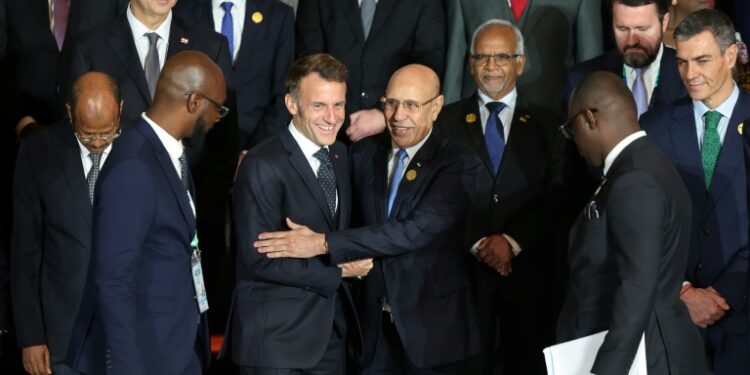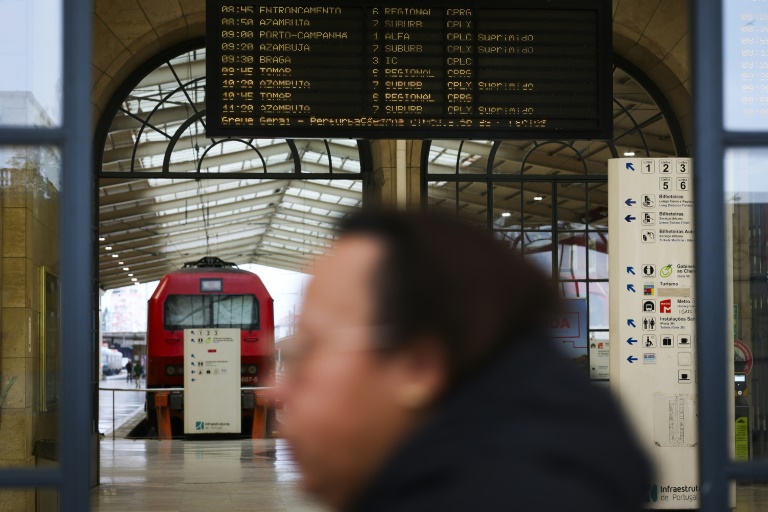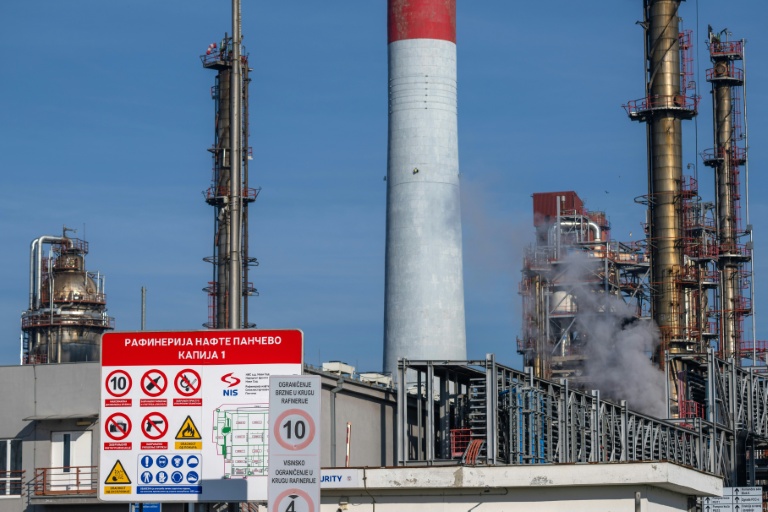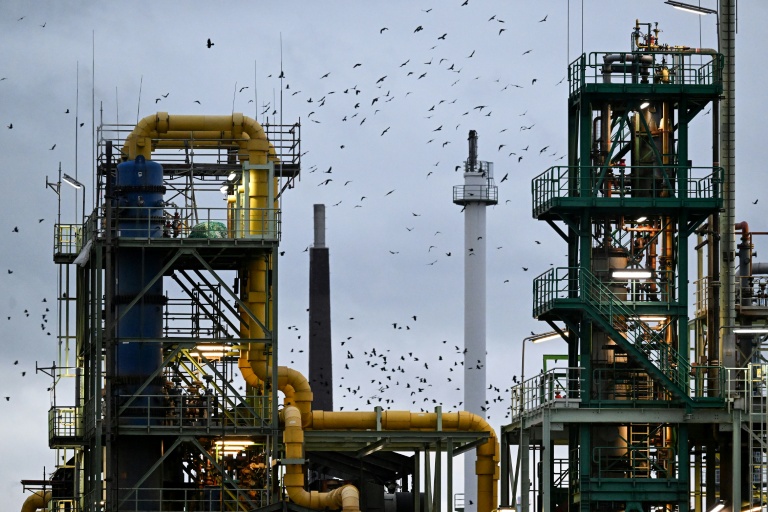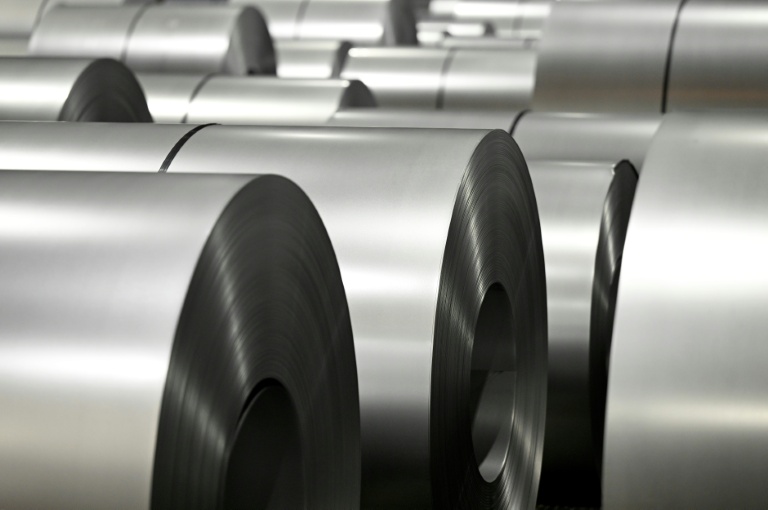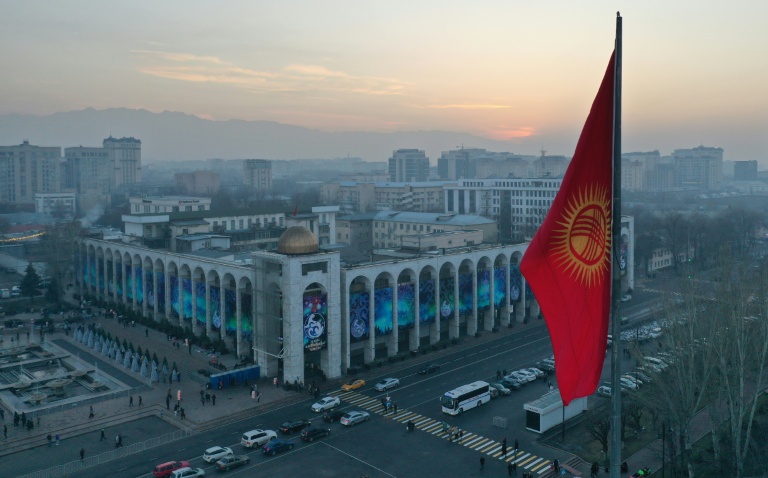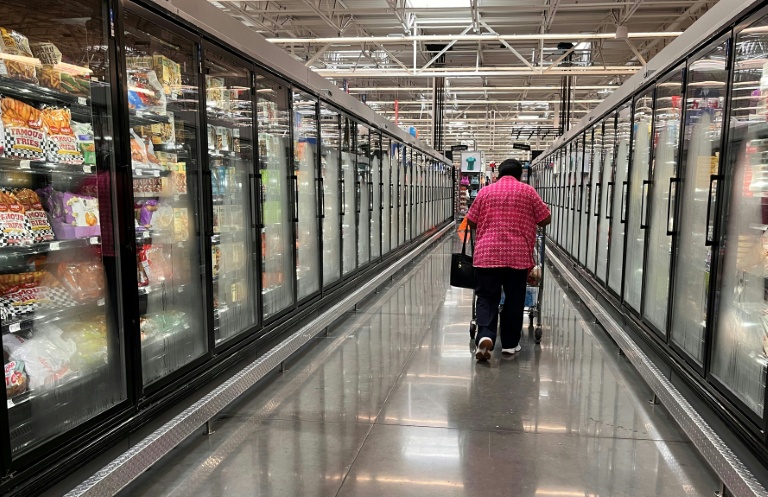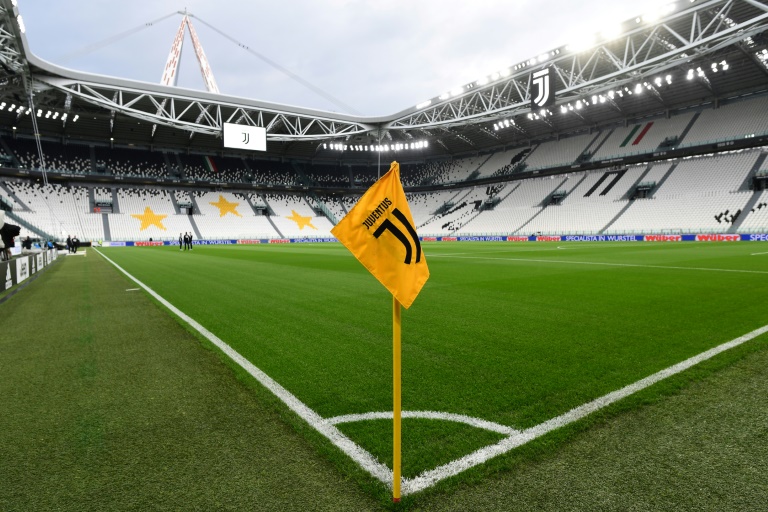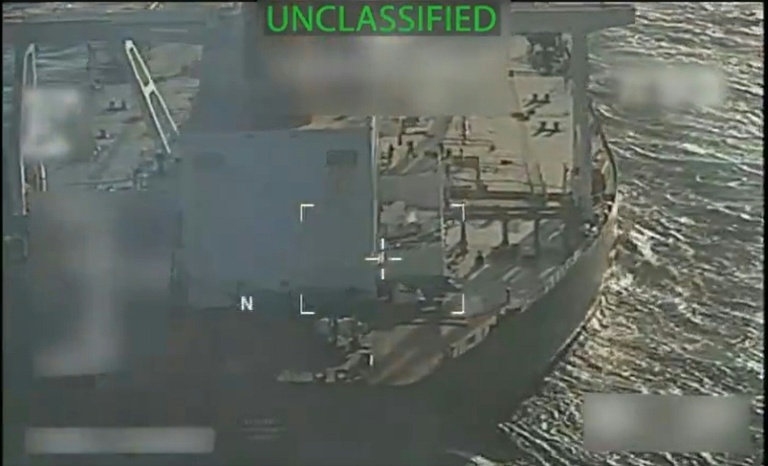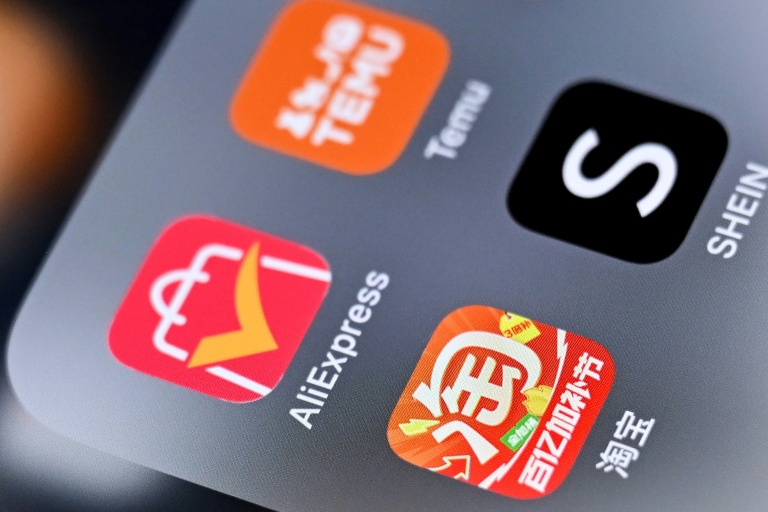Luanda (Angola) (AFP) – European leaders sought to put some meat on the bones of pledges to boost ties with Africa on Tuesday as an Angola summit with their African counterparts entered its final stage. Migration, trade, and cooperation on global issues are on the agenda of the second day of EU-African Union talks in Luanda, which were partially overshadowed by a European scramble Monday to better the terms of a US plan to end the Ukraine war.
“Europe and Africa are pushing for a stronger multilateral order, one that protects the United Nations Charter, reinforces the rules-based approach, and brings stability and predictability to a world that urgently needs both,” European Council President Antonio Costa wrote on X. Marking 25 years of EU-African Union relations, the summit came on the heels of a G20 meeting in South Africa where a US boycott underscored geopolitical fractures.
“It is urgent that multilateralism be rescued,” host Joao Lourenco told those in attendance on Monday, citing global tensions, with wars in Europe, Africa, and the Middle East. Africa was represented by the likes of South Africa’s Cyril Ramaphosa, Kenya’s William Ruto, and Djibouti’s Ismail Omar Guelleh. Germany’s Friedrich Merz, Poland’s Donald Tusk, and Spain’s Pedro Sanchez were among about a dozen EU leaders who flew in for the summit, where analysts said a good showing was key to signal Brussels meant business. However, flight troubles grounded Denmark’s Mette Frederiksen, Luxembourg’s Luc Frieden, and EU foreign policy chief Kaja Kallas, preventing their participation. And some leaders including Merz, France’s Emmanuel Macron, and Italy’s Giorgia Meloni flew out on Monday, skipping the last day.
– ‘Right kind of investments’ – Leaders in attendance were keen to stress both continents have much to gain from a closer partnership. “For our peace, security and wellbeing, cooperation between our continents is essential,” said Dutch Prime Minister Dick Schoof. Analysts have cautioned that actions need to follow words if Europe wants to hold on to its role as Africa’s top partner. The EU is the leading supplier of foreign direct investment to the continent and its top commercial counterpart.
Trade in goods and services hit 467 billion euros ($538 billion) in 2023, according to Brussels, which has sought to diversify trade away from the United States since tariff-happy Donald Trump returned to the White House. Africa has emerged as a battleground for its critical minerals and energy potential, with China, the United States, and Russia also seeking to foster stronger ties.
On Tuesday, the EU will seek to secure more help in tackling irregular migration and access to critical minerals needed for its green transition — with African nations clamouring for investments that do not solely focus on extraction but create jobs and value locally. To do that, Brussels is betting on its Global Gateway initiative — a massive infrastructure plan it hopes can counter China’s growing influence.
Host Angola is home to one of the EU’s signature undertakings: the Lobito corridor, a railway project funded in partnership with the United States to connect mineral-rich areas of the Democratic Republic of Congo and Zambia to the Atlantic coast. “This continent has everything it takes to deliver prosperity at home and to shape the global economy of tomorrow,” European Commission chief Ursula von der Leyen told a business forum held in conjunction with the summit. “The opportunities are clear. But realising them will require the right kind of investments.”
© 2024 AFP

